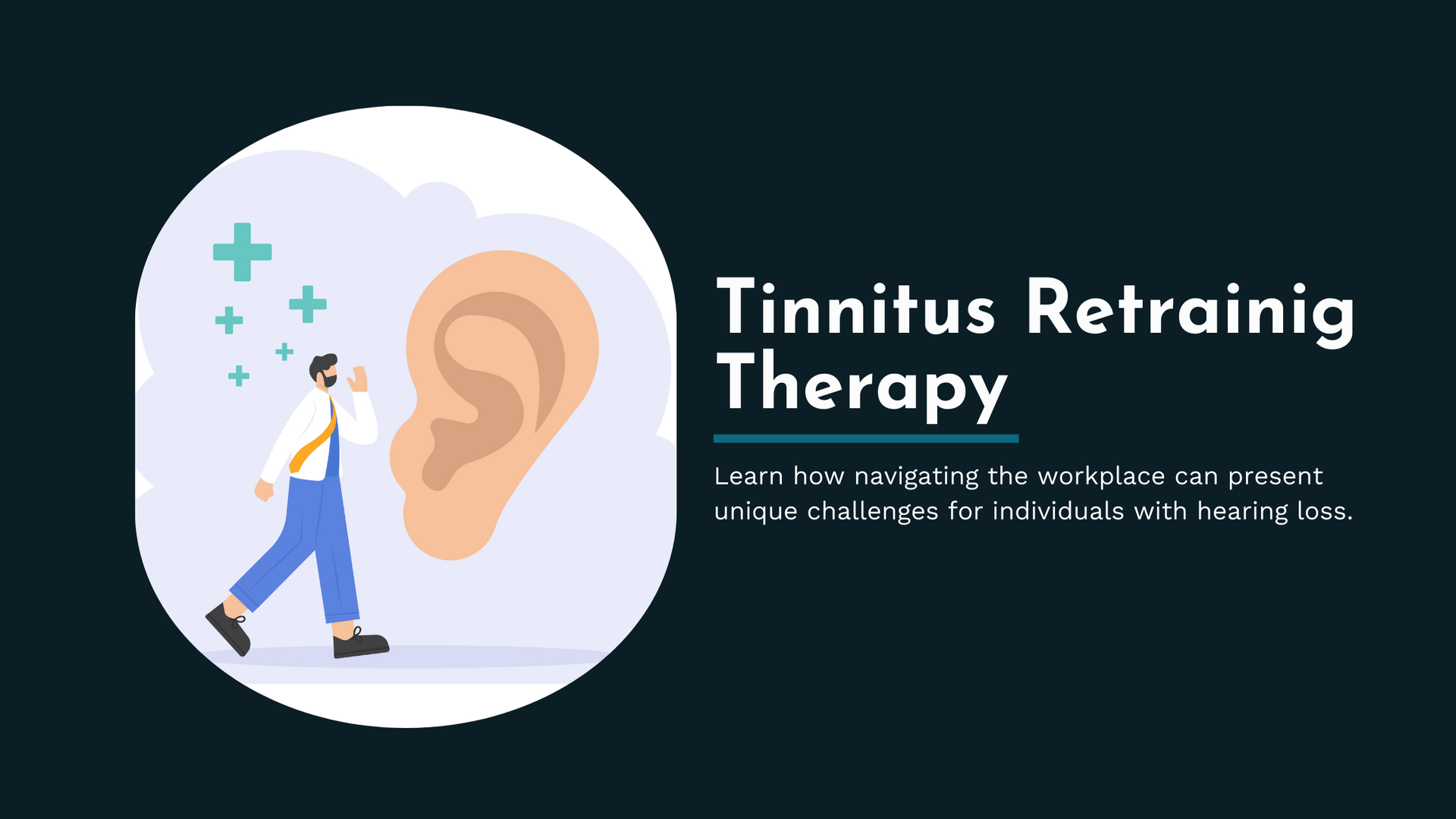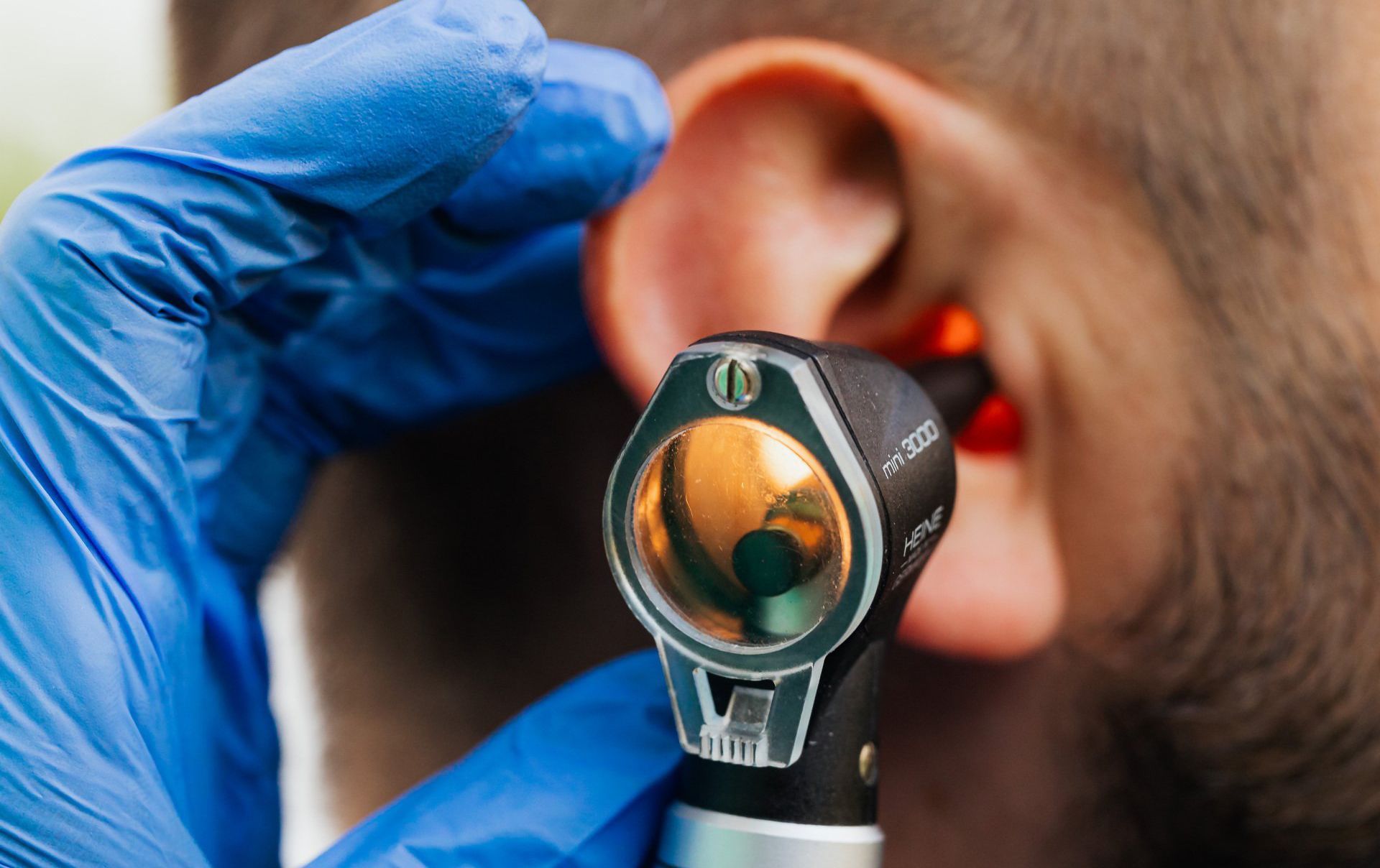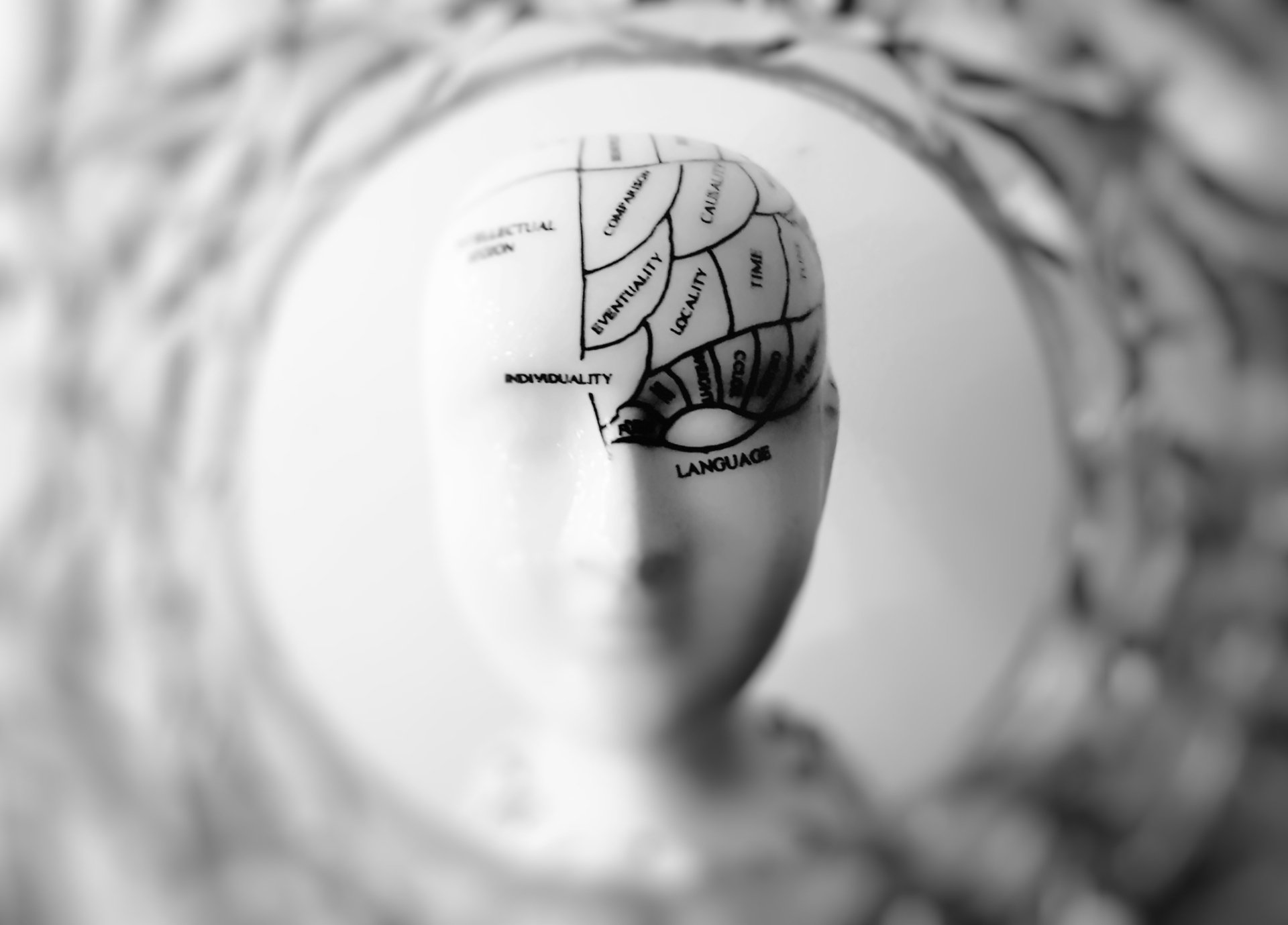Concussion and Tinnitus
When we think of our ears, we often think only of their ability to help us hear the sounds around us. While this is one of their functions, the inner ear is also responsible for our balance. Our balance system keeps us upright to remain focused on an object when our head is moving and to inform us if we are accelerating or slowing down horizontally and vertically, such as when we are in a vehicle or riding an elevator. Our brain uses these signals along with input from our eyes and from our muscles and joints to allow us to move our bodies with coordination and little effort.
When a person experiences a concussion or traumatic brain injury (TBI), the inner ear can be affected. The auditory (hearing) and vestibular (balance) organs of the inner ear send information to the brain through electrical impulses transmitted along a nerve pathway. Injury to the auditory-vestibular system can result in symptoms of hearing loss, tinnitus, imbalance (feeling off-balance, light-headed, spaced out, or foggy in the head) and vertigo (spinning). Other symptoms may include memory issues, word-finding problems, sensitivity to auditory and visual stimulation such as light and movement, headache, fogginess, and fatigue. Symptoms may vary between individuals, depending on several factors, including the age and gender of the patient, pre-existing medical conditions, and length of time between concussions.
Patients may not be aware of hearing loss and tinnitus immediately after head injury because symptoms of vertigo, nausea, and headaches are often more debilitating. As the patient begins to recover, these ear-related symptoms are noted. As hearing, tinnitus, and balance issues are closely related, a multidisciplinary approach for assessing and managing these symptoms is advantageous. Assessing the patient as a whole person with input from professionals of various disciplines gives a more complete understanding of the patient’s challenges, and a management plan can be developed based on priorities developed by the multidisciplinary team. Not only does the patient experience a more comprehensive assessment and management plan, but professionals working in multidisciplinary settings become aware of considerations from the perspective of other professionals. This improves their ability to develop management plans in the context of the whole patient, not just within their area of specialization. At the Calgary Ear Centre, we offer full auditory assessments, tinnitus management strategies, and referral for assessment and management of balance disorders. If you have had a concussion or other head injury, please call us to make an
appointment for consultation.











